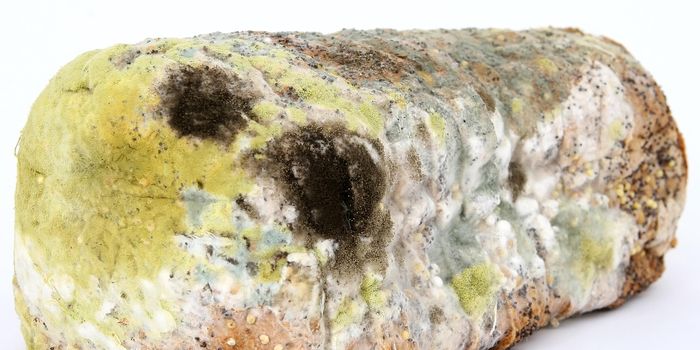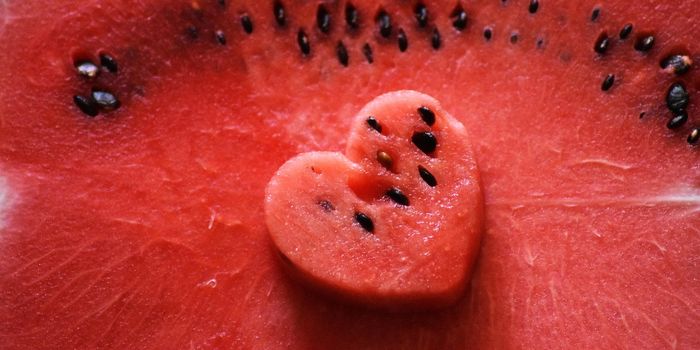Performance Enhancing Bacteria?
Attempts by athletes to increase their performance occasionally goes too far. This is the case in endless doping scandals across all types of elite athletic competition. Some teams, like the Russian Olympic team, are known for it. After having been involved in scandals during the 2012, 2014, and 2016 Olympic Games, the entire Russian federation was banned from competing at the Paralympics in Rio.
The following video discusses some of the biggest doping scandals in sports.
Other accusations of cheating are far more controversial. That is the case concerning the claims of an unfair advantage brought into question by the incredible genetics of Caster Semenya. Semenya, for her naturally occurring hormone levels, will be forced to medically lower her testosterone if she intends to compete. The governing body who handed down the ruling has taken much criticism since confirming the decision.
Sports governing bodies and elite athletes may soon have something new to butt heads about, according to the findings published on June 24 in Nature Medicine.
Researchers discovered that after an endurance event, athletes experience an increase in certain bacterial species in the gut. This particular bacteria, veillonella, help to break down lactate, the byproduct of heavy exertion that causes muscle pain. The breakdown of lactate produces a potentially endurance enhancing compound called the propionate.
Researchers studied various types of athletes, including marathoners, and Olympic rowers. In each case, they found higher levels of veillonella following an endurance competition.
To see if they could boost performance, researchers introduced veillonella to mice. In the study, both oral and rectal administration of the bacteria boosted rodent endurance.
The findings suggest that bacterial activity can influence exercise capacity. Researchers hope to pursue similar studies in human subjects.
Regulating bodies have yet to consider adding the introduction of performance-enhancing bacteria to the list of banned substances. That said, the findings have caught their attention. If the bacteria can be used to enhance performance or gain an unfair advantage, outlawing the procedure is something they will have to consider.
For now, players and anti-doping agencies will have to settle for eagerly following the findings as new details emerge.
Sources: Nature Medicine, Mojo










